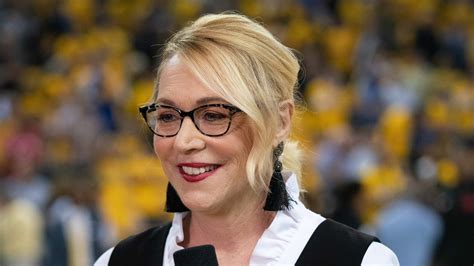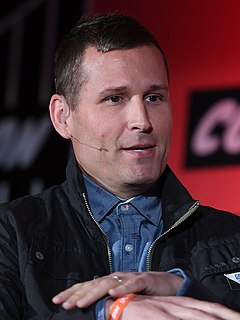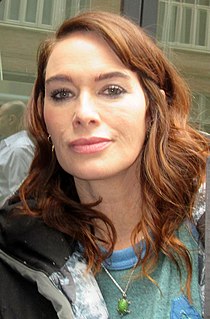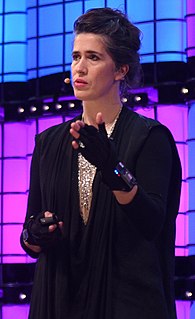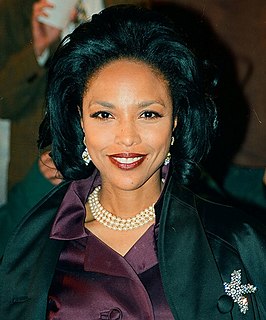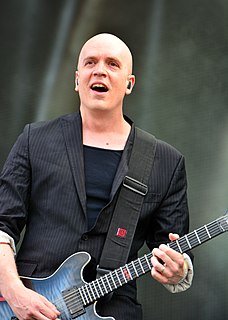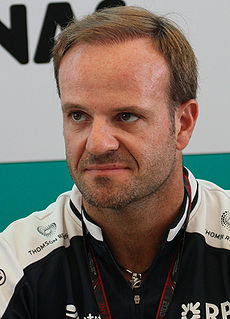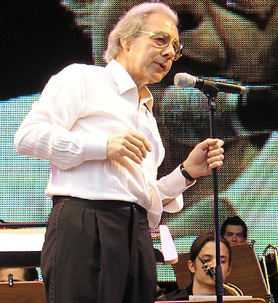A Quote by Doris Burke
My career is a very happy accident. I never studied communications.
Quote Topics
Related Quotes
I studied music for my first two years in college. When I went to UC Berkeley, I failed the admission requirements to get into the music school there, so I studied communications and public policy, which actually were a greater engine for my career than a musical education would have been. If I had gotten into the music department at Berkeley, I'd probably be a timpanist in an orchestra right now.
A very good career choice would be to gravitate toward those activities and to embrace those desires that harmonize with your core intentions, which are freedom and growth - and joy. Make a 'career' of living a happy life rather than trying to find work that will produce enough income that you can do things with your money that will then make you happy. When feeling happy is of paramount importance to you - and what you do 'for a living' makes you happy - you have found the best of all combinations.
I haven't had a cramp since '99. That was my only time, in Davis Cup, when I was panicky. I was young. I'm very proud of that. Never pulled out. Never had cramps. Never lost very much because of fitness, especially later on in my career where I knew I've put in the hard work. I've done that. I've been very fortunate and clever as well to understand how I need to work, when I need to work. So I'm very happy to have stayed injury free for so long. I hope I can still maintain a few good years on the tour. I really hope so.
When I first came round in the medical center after my accident, the first face I saw was Ayrton's, with tears in his eyes. I had never seen that with Ayrton before. I just had the impression that he felt as if my accident was like one of his own. He helped me a lot with my career and I can't find the words to describe his loss.
I was very young, maybe five. The opera was very... I was attracted to opera to the point that I think it's the reason I started to write music for films. I never studied. There are film and music school that teach you how to write music. I never studied that. But the influence of opera, which is a combination of storyline, visuals, staging, plus music... that was perhaps the best school I could have had. That's what gave me the idea of coming to Hollywood to write music for films.
